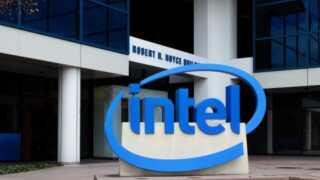The company says that the formation of this group is in line with its objective to ‘cloudify the network’. The project will focus on deploying a mix of hardware-centric telecom services and software-centric cloud services.
“Today’s announcement is of strategic importance as this platform will be a pillar for Etisalat’s long term strategy of driving digital technologies to empower our services and build the infrastructure to incorporate emerging technologies, said Esmaeel Hammadi, senior vice president of network development at Etisalat.
The group consists of NEC as the overall integrator, plus Netcracker, Redhat, Juniper and Dell who will work together on the rolling out the Network Function Virtualisation (NFV) and Software Defined Networking (SDN) based solution. Both technologies are linked with the enablement of smart cities, IoT and 5G technologies.
“As we transition into the digital future, it is essential to invest and implement the state-of-art methodologies in cloud computing by engaging with global leaders. This will ensure services on our network are agile and provide the best performance for major projects like Expo 2020, World Government Summit, AFC Asia Cup among others,” continued Hammadi.
The platform will be built according to the European Telecommunications Standards Institute (ETSI) architecture. The technologies to be included in the project are to include: Network Function Virtualization Orchestrator (NFVO) from Netcracker, Software Defined Networking (SDN) controller from Juniper-Contrail, Virtual Infrastructure Manager (VIM) from RedHat-Openstack, and a set of automation and operations tools like Ansible, Zappix, git-lab, ELK, and Bacula.
Etisalat recently partnered with Idemia to provide SIM provisioning that allows consumers to store multiple user profiles on a single device and switch between them remotely. The new solution uses the Embedded SIM (eSIM) global specification by the GSMA which allows provisioning for any mobile device.





